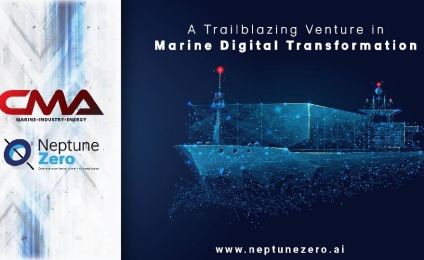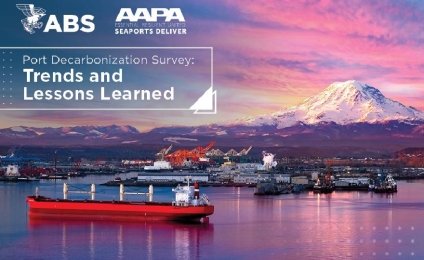For thousands of years the marine industry has been at the heart of global shipping.
From wooden vessels with oars and sails, to enormous tankers that travel the oceans, it remains the most efficient way to transport goods throughout the world. Historically, it has adapted and changed to meet the demand for faster transport and increased volumes but, today, it faces new challenges to reduce emissions and play its part in tackling climate change.
Decarbonisation, energy prices, war and other geopolitical situations are all challenges for the industry – but are these crises for shipping? They are crises for society and, for sure, challenges the industry faces, but not crises. Shipping is still the most efficient way to transport goods and, whatever the challenges, is an essential part of supporting global economies and connecting people and goods to keep societies working and moving.
How, though, is the industry adapting to meet global challenges? RINA continues to work closely with the industry to promote safety and ensure vessels are fit for purpose. The industry is embracing new technologies and services that are designed to improve environmental performance and increase operational efficiency. These include remote surveys, modern digital tools, new fuels, and innovative engine configurations that are taking the industry on a new journey to meet the demands of IMO 2030 and 2050.
One of the biggest risks the industry faces is if it loses focus on its goals for decarbonisation because of global crises. Not withstanding the war in Ukraine and activities in coal mining, shipping needs to continue to seek solutions, assist in the race to net zero, and be committed to the future. If global events detract from the progress the industry is making, we will lose time that we cannot afford to lose.
It is unlikely the competitiveness of the shipping industry will be bought into question compared with other modes of transport, but competition between shipowners remains strong. Greek shipping remains number one in the world and should follow developments and be ready to maintain its leading position by embracing new technology and tools.
Fleet monitoring platforms offer an opportunity for shipowners to ensure they optimize performance of both fleets and individual vessels and provide an ideal way to both drive efficiency and reduce emissions today. As the number of vessels using platforms such as RINA Optimum grow and volumes of data increase, advanced analytics provide deeper insights into performance and operational measures to enable even greater optimization.
While digital tools are an essential part of the development of the shipping industry, they go hand in hand with the challenges of cyber security. This has become an essential part of safeguarding operations and companies such as RINA are investing heavily in ensuring the industry has the expert support and tools it needs in this area.
Digital tools offer a step forward on the decarbonisation journey but, ultimately, we will need new fuels to reach our targets. The fuels of the future will not only be determined by our industry but will also rely on directions and investments made in other sectors. The question of which fuels will be available in the volumes required and the supporting infrastructure to support global bunkering is still unknown. To reach our targets, we must explore and be open to all options and opportunities. Dual fuel engine configurations offer a solution to enable shipping to move forward with new energies and the recent approval in principle of hydrogen/LNG fuelled vessels1 is particularly exciting, as the hydrogen is produced onboard and the technology does not rely on the availability of supporting infrastructure.
In summary, how is the shipping industry tackling the 3 C’s – crisis, challenges, and competitiveness?
1. Crisis
The crises we face are global crises and the shipping industry, as always will remain as a backbone of the transport network and support the world in finding the solutions it needs to overcome whatever we face.
2. Challenges
Yes, the industry faces challenges, particularly in its efforts to meet decarbonisation targets, but this is not the sole responsibility of shipping. We are making excellent progress and must embrace every option available to us – which includes digital tools, innovative services, new technologies, and new energies. Decarbonisation is a journey and the biggest risk we face is if we lose focus.
3. Competitiveness
While there is demand for goods to be transported, the shipping industry remains the safest and most cost-efficient mode of transport. Increased costs of new fuels and technologies will be borne by supply chains, but individual shipowners need to be open to all opportunities to drive efficiency to compete within the industry.
For all of these ‘3C’s’, RINA continues to invest and support the industry through innovative new services, recruiting of expert personnel, and cross-industry projects that will help define the shipping industry of the future.
*
Senior Director at RINA










